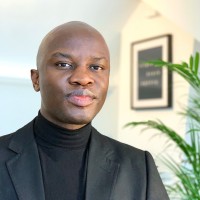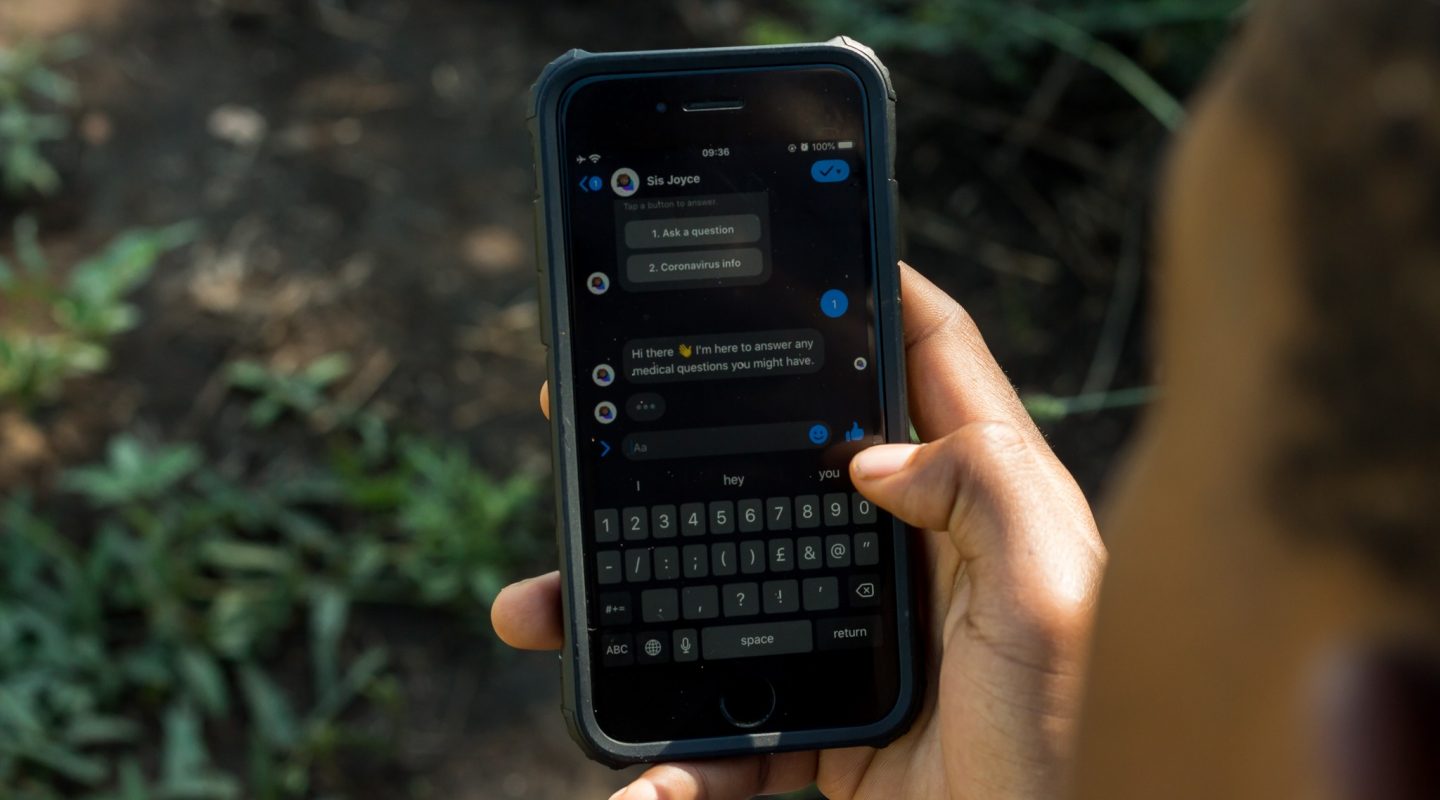Sila Health: Africa’s digital health gateway
Erasmus Centre for Entrepreneurship is a recognized RVO* startup facilitator for international innovative startup entrepreneurs. For one year, we provide these entrepreneurs with support and mentorship to develop their businesses in the Dutch market. Each month we ask one of our Startup Visa participants to share their story. This month we spoke to Babusi, the founder of Sila Health.
Babusi Nyoni founded his startup in 2019 after identifying an opportunity for artificial intelligence (AI) to fill the institutional void created by poor healthcare systems in developing economies. Sila Health is a social enterprise that helps people access healthcare on their mobile phones. As an AI-powered health service, it uses chat platforms and machine learning tools to develop sustainable healthcare solutions for economically vulnerable communities.
Designer at heart
 Headhunted from his previous role in South Africa that involved implementing AI in FinTech, Babusi moved to the Netherlands in 2017 as a UX-designer. Growing up in Zimbabwe in a family of 5, with no formal university education, Babusi advanced his career by learning a diverse set of skills and started coding in 2013. Babusi recognises himself as a designer at heart and sees AI as the design of data. “I like to think of it [AI] as a topic that is very future-forward, and to insert myself into the narrative of the growth of the field, as an African with no degree, was also an attractive challenge.”
Headhunted from his previous role in South Africa that involved implementing AI in FinTech, Babusi moved to the Netherlands in 2017 as a UX-designer. Growing up in Zimbabwe in a family of 5, with no formal university education, Babusi advanced his career by learning a diverse set of skills and started coding in 2013. Babusi recognises himself as a designer at heart and sees AI as the design of data. “I like to think of it [AI] as a topic that is very future-forward, and to insert myself into the narrative of the growth of the field, as an African with no degree, was also an attractive challenge.”
Opening up Africa’s healthcare ecosystem to digital possibilities
Babusi already had the idea to come up with a way for patients in Africa to communicate to doctors on their mobile phones 10 years ago. The problem in most African countries is that the doctor-to-patient ratio is 1:5000 on average. To overcome this critical doctor shortage, Babusi leveraged on the advancements in machine learning, specifically natural language processing, to provide healthcare solutions to those who seek low-level interactions with doctors, for example questions about healthcare terminology.
Navigating the COVID-19 crisis as an HealthTech entrepreneur
Despite the lockdown restricting physical interaction with the team at Erasmus Centre for Entrepreneurship, Babusi feels well-supported: “I’m really happy with the relationship I have with ECE and I honestly can’t imagine having my visa facilitated by someone else.”
Even before COVID-19 was declared a global health pandemic, Sila Health was already developing tools that can track the spread of symptoms and diseases in remote areas. “We were well positioned to succeed in our work in a way, but of course while still making an impact in communities that would have otherwise been devastated were we unable to step in and give governments a way to understand the direct impact of the virus.”
Now that their operations have been successfully running for over a year, Sila Health’s focus is on ethical ways of monetising the digital avenue of social entrepreneurship. “We are still working within a vertical that is almost completely decimated, more so with COVID-19. The pandemic has really stressed the limits of the healthcare ecosystems in the countries that we operate in. We are looking into what is the most ethical and scalable way to build a viable business model in emerging economies within the healthcare space.”
Trust yourself and your ability to make decisions
 Babusi’s advice to starting entrepreneurs is to trust yourself. “One of the mistakes I made in the beginning was that I didn’t trust myself to make important decisions because I assumed I had to be a certain type of person to make them. I learned very quickly that I was that person all along. Trusting in yourself and your ability to make decisions is really important. Even if you fail, at least you trusted yourself enough to commit to something, and because of that you will know how to learn from it when you do not succeed.”
Babusi’s advice to starting entrepreneurs is to trust yourself. “One of the mistakes I made in the beginning was that I didn’t trust myself to make important decisions because I assumed I had to be a certain type of person to make them. I learned very quickly that I was that person all along. Trusting in yourself and your ability to make decisions is really important. Even if you fail, at least you trusted yourself enough to commit to something, and because of that you will know how to learn from it when you do not succeed.”
Curious to know more about Babusi’s entrepreneurial journey with Sila Health? Reach out to him at babusi@sila.health or visit www.sila.health!
Applying for Startup Visa Facilitator programme
International innovative entrepreneurs have the possibility to apply for the programme throughout the year. With a startup visa, international startups have one year to start an innovative company in the Netherlands. On the Startup Visa Facilitator page, you can find all the information you need, including a brochure.
